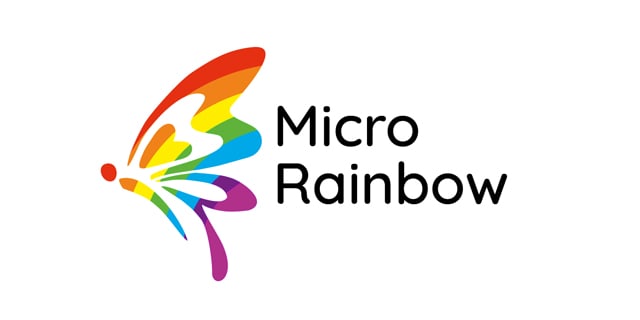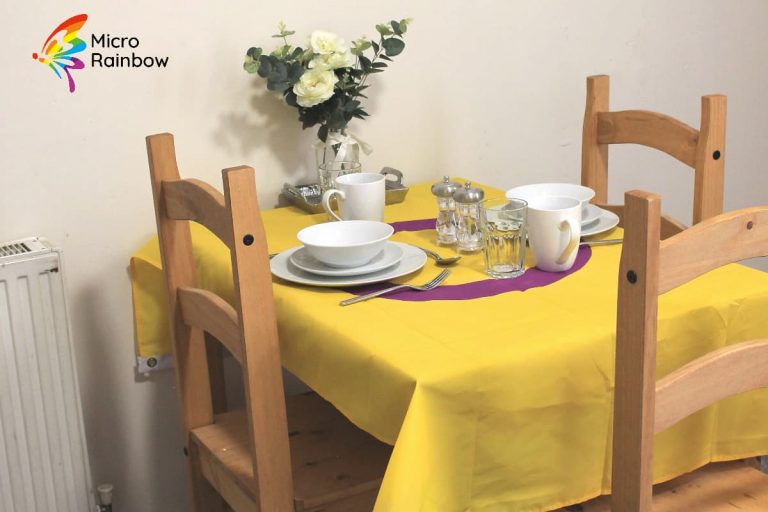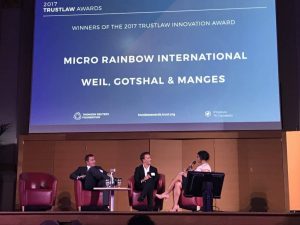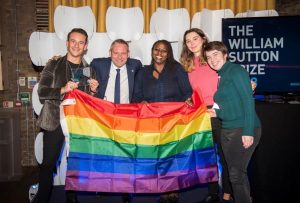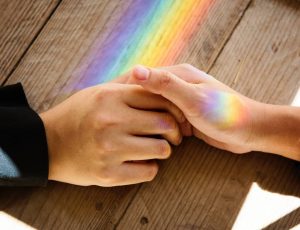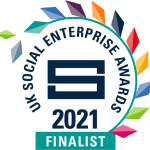Micro Rainbow created the UK’s very first safe housing scheme for LGBTQI asylum seekers, opening the first safe house in 2017. Micro Rainbow has been supporting LGBTQI refugees and asylum seekers since 2012 through the Social Inclusion and Moving On programmes. However, many participants in these programmes were becoming homeless while trying to escape the abuse and persecution they were experiencing in their asylum seeker accommodation. A solution was needed.
Initial accommodation
The number of countries in which homosexuality is illegal has decreased since Micro Rainbow began operating in 2012, but it remains illegal in 67 countries around the world. In many more countries, LGBTQI people are not safe, and face widespread discrimination and persecution. 1,500 LGBTQI people flee these countries and come to the UK every year.
When an LGBTQI asylum seeker arrives in the UK they are unlikely to know anyone or know where to go. They may also be hiding their LGBTQI status. After claiming asylum, the Home Office will house them in what is called an initial accommodation centre. This is a temporary measure before they are ‘dispersed’ and moved on elsewhere.
Asylum seekers are supposed to be housed in this initial accommodation for about 3 weeks, before dispersal to smaller, community-based accommodation – such as the housing Micro Rainbow. In reality, many asylum seekers stay in initial accommodation a lot longer than the recommended 3 weeks. Two thirds of asylum cases wait longer than 6 months for a decision.
Why was the safe housing programme needed?
When LGBTQI asylum seekers are placed in Home Office initial accommodation, their sexuality, gender identity or intersex status often means that they are still unsafe and at risk of discrimination. Many go on to suffer abuse in accommodation from other asylum seekers who may even come from the same countries they are escaping from.
When Micro Rainbow began working with LGBTQI refugees and asylum seekers in 2012, a significant proportion of them were homeless and living in poverty. Some had abandoned their Home Office accommodation because of the abuse they were suffering, and would travel to London. After reaching London and having no place to stay, they were at real risk of exploitation. Many found themselves stuck in situations of domestic servitude or forced to trade sexual favours in exchange for accommodation.
Poverty of LGBTQI refugees and asylum seekers
The extent of the issue led to Micro Rainbow publishing the first report on the poverty of lesbian and gay refugees in the UK: Poverty, sexual orientation and refugees in the UK, 2013. The report highlighted the fact that lesbian and gay refugees frequently live below the poverty line in the UK, are isolated and discriminated against. The report made clear that the lack of safe, inclusive, and welcoming housing was a key reason behind some of the homelessness and poverty experienced by LGBTQI refugees.
The very first safe house
It became clear that a practical solution was needed. The creation of a safe and welcoming housing programme for LGBTQI asylum seekers became a priority. A huge learning process began!
Micro Rainbow decided on a small scale, community-based response. Instead of hostels and hotels, Micro Rainbow would house LGBTQI asylum seekers in dignified, family-size homes, more akin to a house share. A small-scale solution, integrated into residential areas would allow asylum seekers to more easily establish links in the community they are placed in.
The house would have transport links to Micro Rainbow events and would be in an area that was open to LGBTQI people and asylum seekers. The tailored approach and vetted inhabitants would help to safeguard the mental and physical health of the safe house residents, allowing them to concentrate on their claims. This approach would also allow LGBTQI migrants to benefit from a supportive environment and specialised support.
Welcoming the first residents
In 2017, the first safe house was secured. It had space for four LGBTQI asylum seekers, and the first residents moved in during October 2017. During the process of securing the property, Micro Rainbow was extensively supported by the international law firm Weil, Gotshal & Manges with legal advice and support including on tax, property, and more.
Soon after, Micro Rainbow secured a second property, very close to the first. In the years since opening the first safe house in 2017, Micro Rainbow has secured houses across the West Midlands, North West of England and London. Micro Rainbow is now able to offer 29,000 safe bed nights, or places for 80 LGBTQI asylum seekers, at any given time.
The situation in 2023
Nearly six years on, Micro Rainbow runs 20 safe houses across the UK for LGBTQI people. But 2023 has brought with it an unprecedented cost of living crisis. Energy bills, council tax and essential utilities for our safe houses are spiralling. We need your help more than ever to continue to keep LGBTQI asylum seekers safe and secure.
This Pride Month, make a commitment to LGBTQI people fleeing persecution. Become a Micro Rainbow ally today and help us cover the rising cost of bills.
